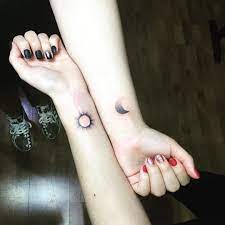Before you get a piercing
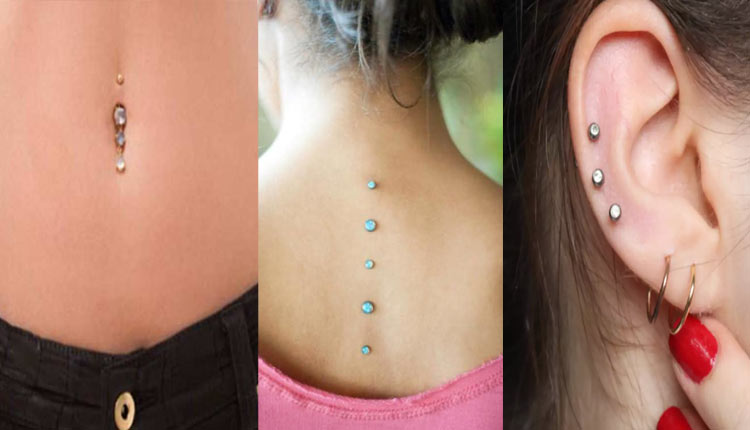
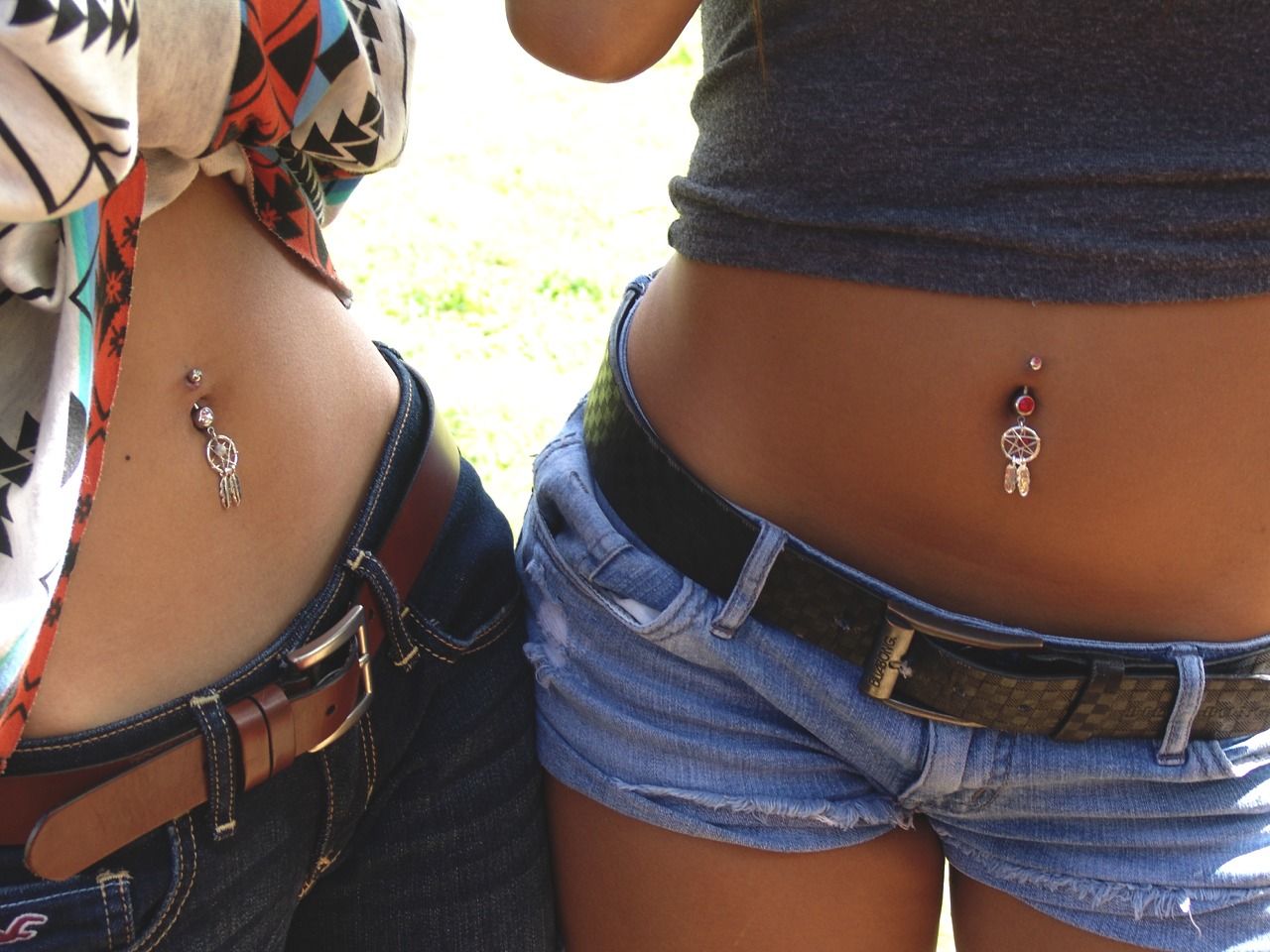
Reduce your chances of contracting an infection by choosing a reliable piercer that uses clean, germ-free equipment and gloves. Ensure they give you accurate health information prior to beginning the piercing procedure.
They may lead to bacterial infections at the site of piercing or other serious consequences like scarring, bleeding, or allergic reactions. Before getting a body piercing, it’s essential to find a secure and trusted piercer who can provide quality hypoallergenic tools and jewelry free from nickel that may cause allergic reactions. Inform them about any medical conditions you have or allergies to certain metals.
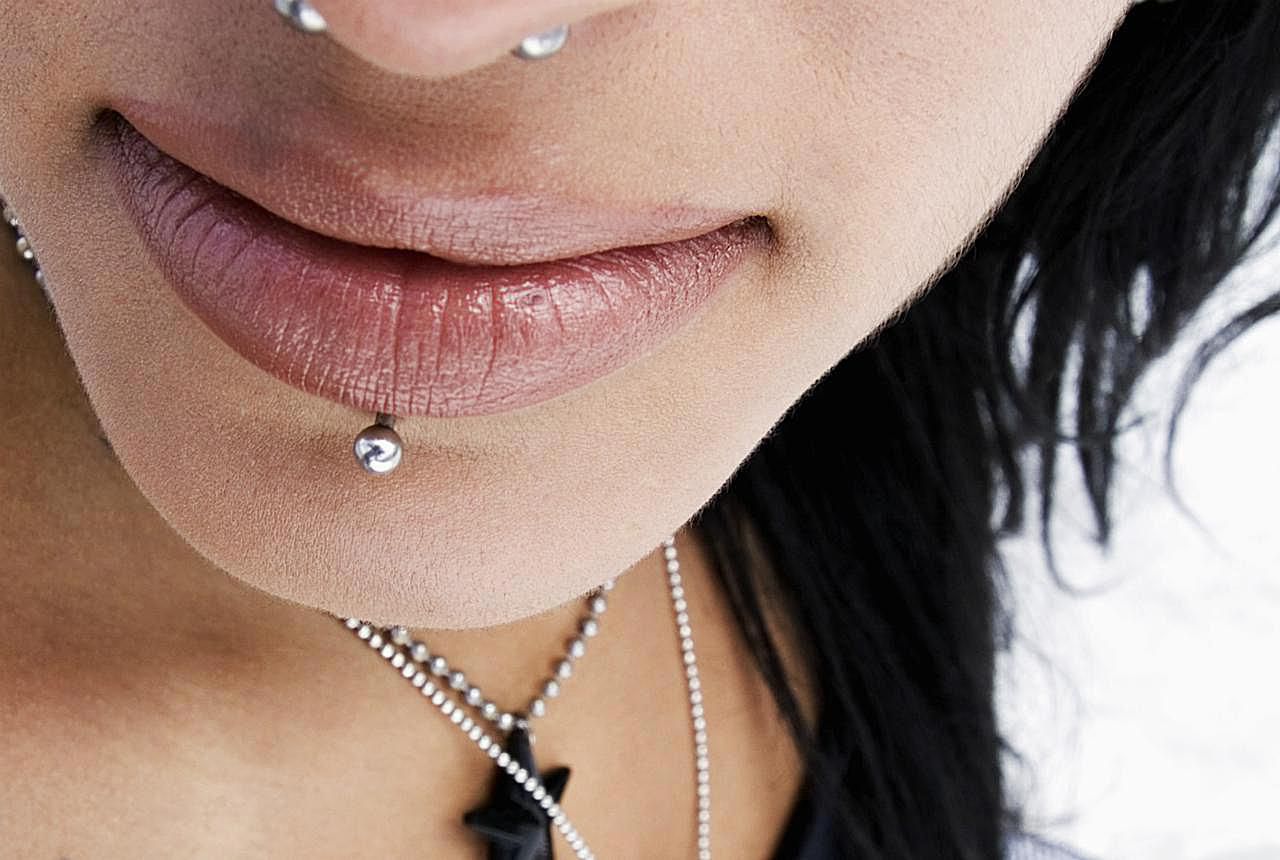

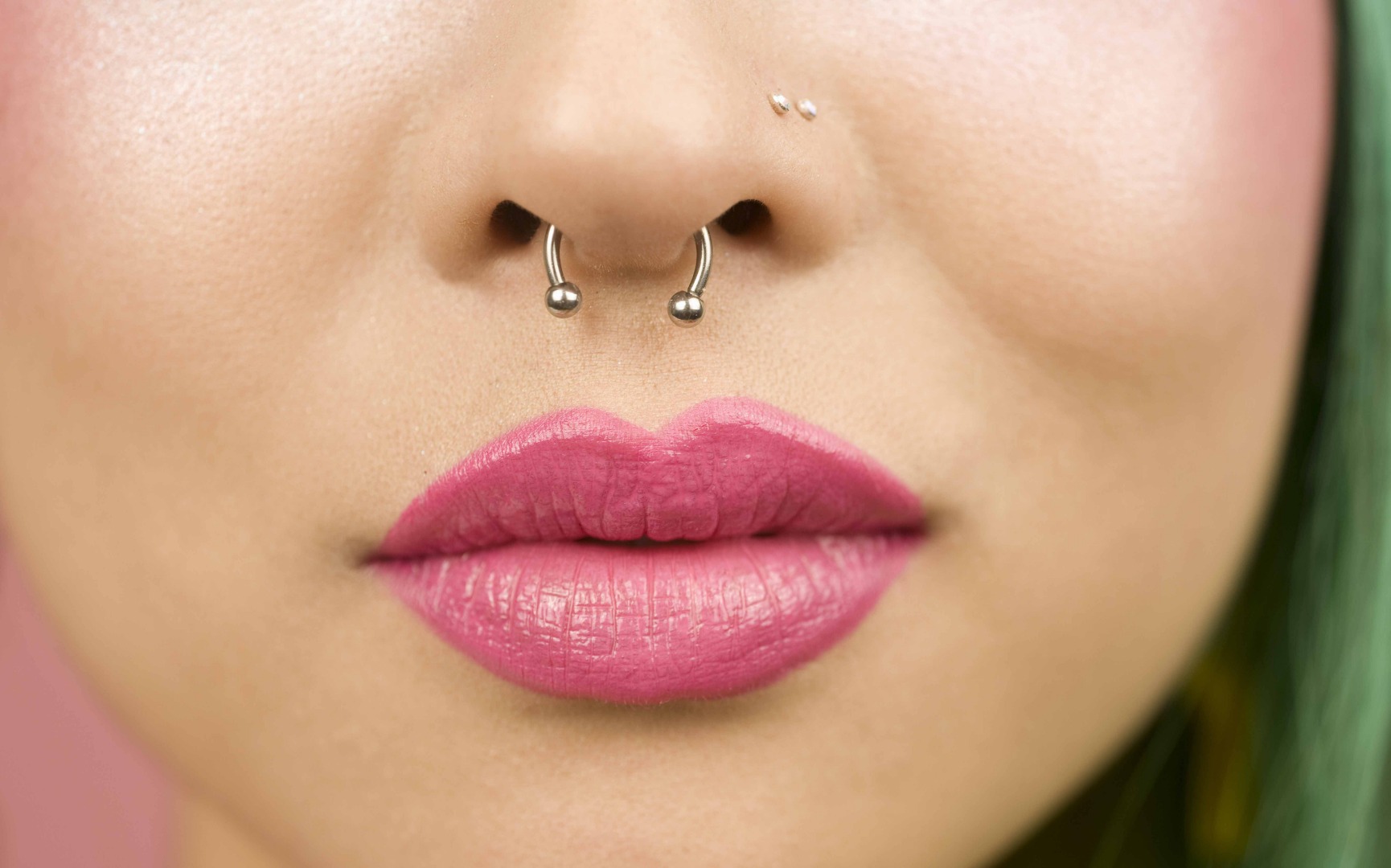

Drinking plenty of water helps flush out toxins that could interfere with blood clotting and make healing your piercing more challenging. Also, avoid alcohol, as it thins the blood.
It may also be wise to bring a guardian along, as some states require one to be present during all piercing procedures.
After you get a piercing

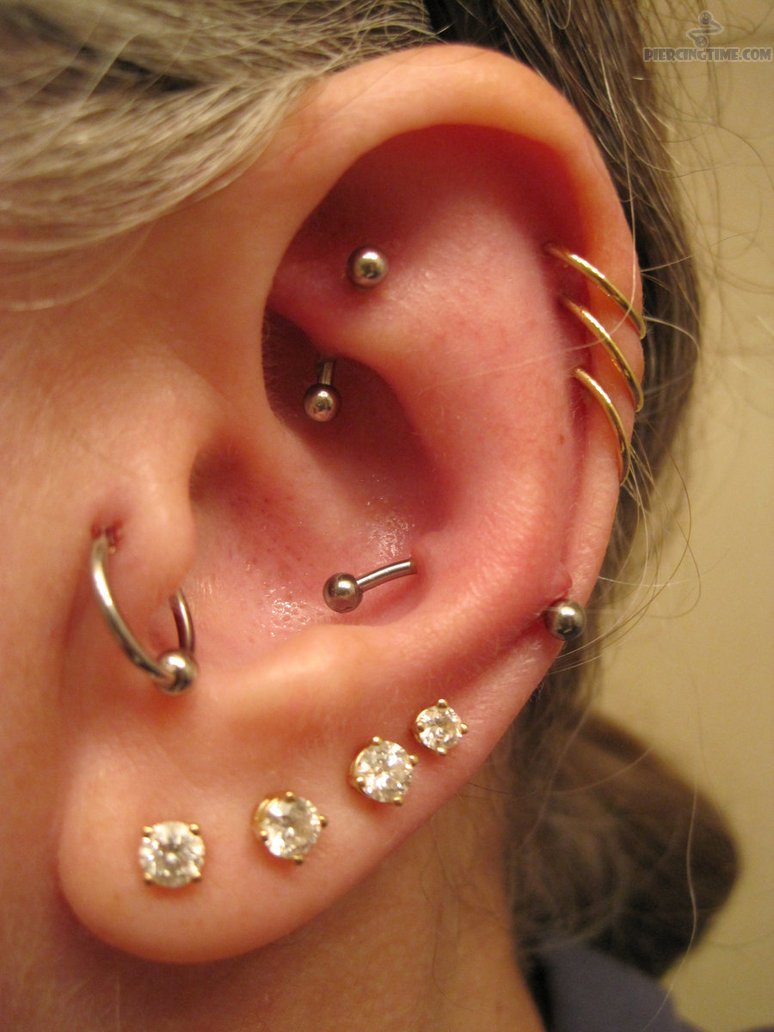
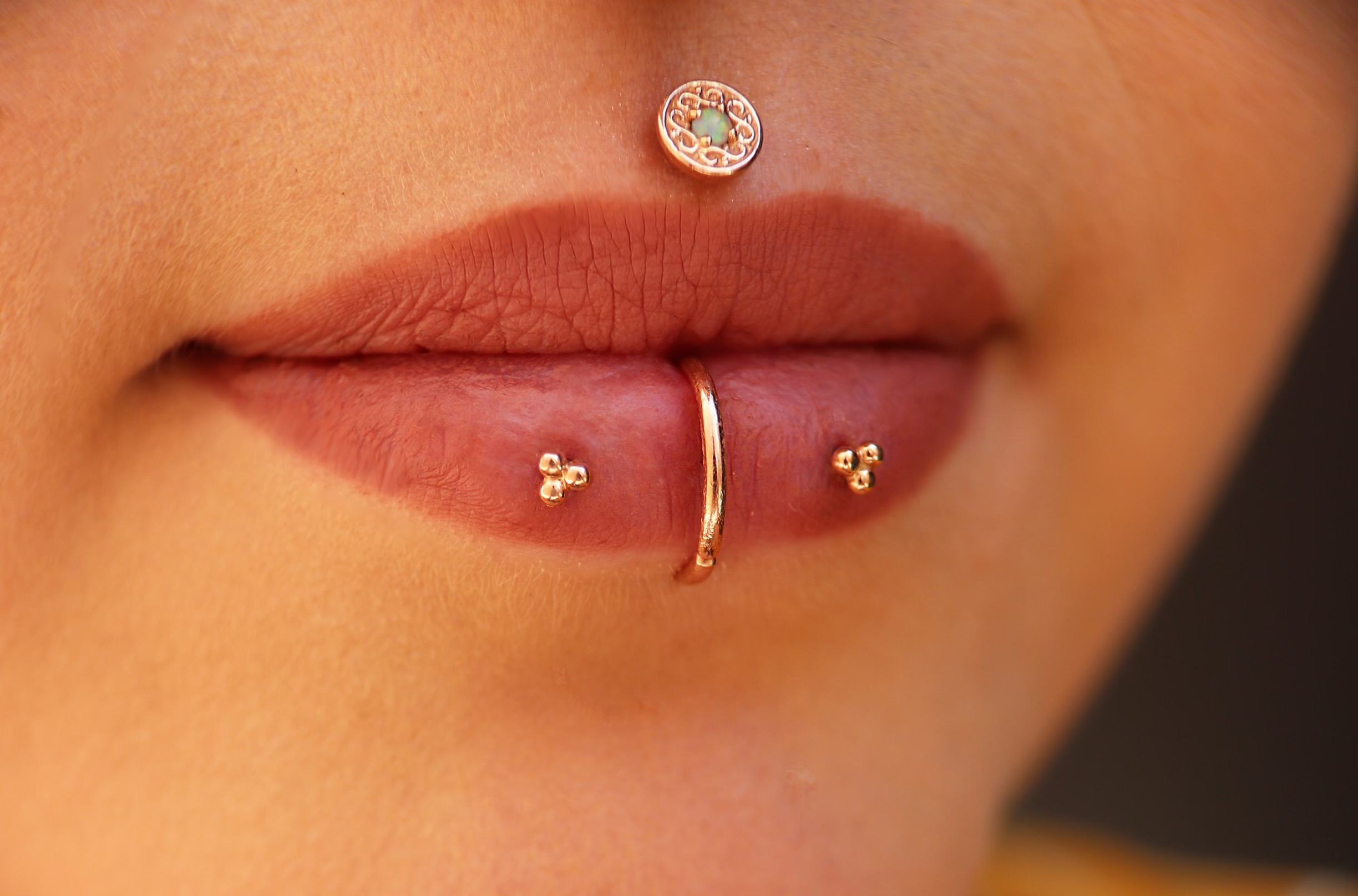
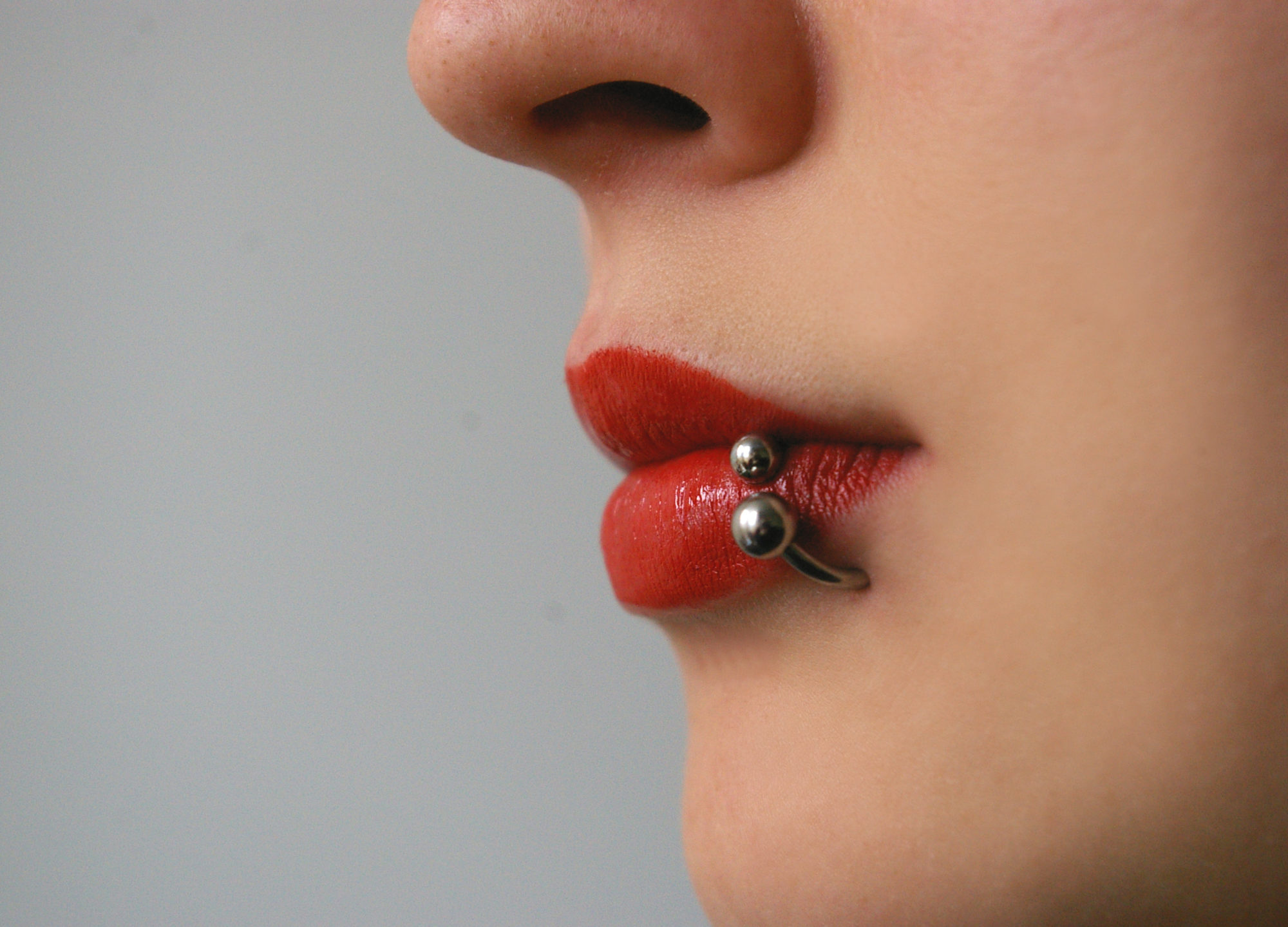
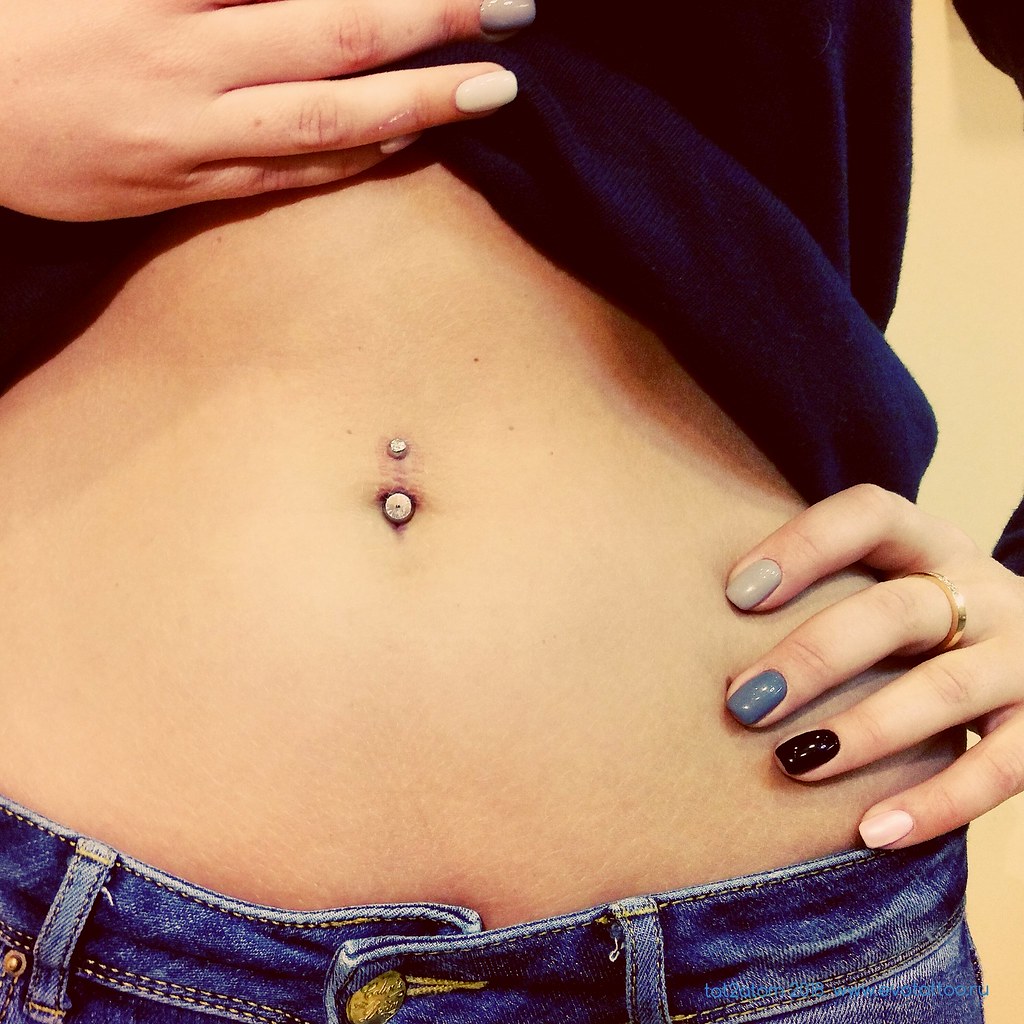
Once your piercing is in place, it is your responsibility to keep the area clean and promote healing. Maintaining good hygiene around the piercing can reduce the risk of infection, allergic reactions, or bleeding during healing.
Follow the care instructions provided by your piercer. You will likely be instructed to wash your hands, rinse and dry the piercing, and gently move it around during healing. Additionally, you may be instructed to use diluted mouthwash for oral hygiene purposes.
You may notice crusty material on the surface of your piercing; this is part of the natural healing process. Thoroughly rinse both jewelry and piercing with warm water several times and dry it with a clean paper towel.
If you are taking a shower, use a drop of fragrance-free non-antibacterial liquid soap to clean your piercing. Be gentle as you rub as this may cause trauma and irritation. Rinse away any soap residue after 30 seconds or so. Dry the piercing with a fresh paper towel or napkin.
Before having any piercings done, your piercer should provide you with their health information and an explanation of how the equipment will be sterilized during the procedure. If this information is not provided or if the sterilization procedures are not explained, seek another piercer.
Preparing for a piercing
Body piercing is an increasingly popular form of self-expression. Although relatively safe when done by a qualified professional, there can be risks involved such as infections and skin tearing or scarring.
Make sure your body piercing is done at a trusted studio that is clean and sterile. Ask about sterilization procedures, the use of antiseptic solutions, and ensure the piercer wears gloves when working on you. Inform your piercer of any medications or allergies that may impact the piercing.
Maintain a nutritious diet and abstain from smoking, as smoking can irritate your piercing and cause slow healing. Refrain from alcohol, hydrogen peroxide, antibiotic ointments, and other skin-irritating products until your piercing has completely healed.
Distract yourself and relax before the piercing. Visualize the process, breathe slowly, and mentally prepare yourself.
Your piercer should explain the proper aftercare and healing time for your piercing. Follow their instructions, avoid covering the piercing with clothing while it heals, and refrain from swimming and water sports until it has completely healed.
Getting a piercing
Body piercing is a popular temporary body modification among young people, offering an opportunity to express yourself without committing to permanent tattooing.
Select an experienced piercer with a good reputation, registered with the local council, and adhering to health regulations. They should wear gloves, regularly clean their instruments and jewelry, and use sterilizing solutions.
Ensure clean, sterile equipment is used and that the piercer has no visible cuts or wounds on their body to reduce the risk of infection.
Piercings typically heal within two weeks, so follow the instructions provided by your piercer and provide proper care during that time.
Infections can range from localized skin or cartilage infections to intense blood infections. Look for piercers who prioritize cleanliness, wear gloves, and maintain a clean and hygienic shop.
Maintain an active social media presence to promote your business as a body piercer.

